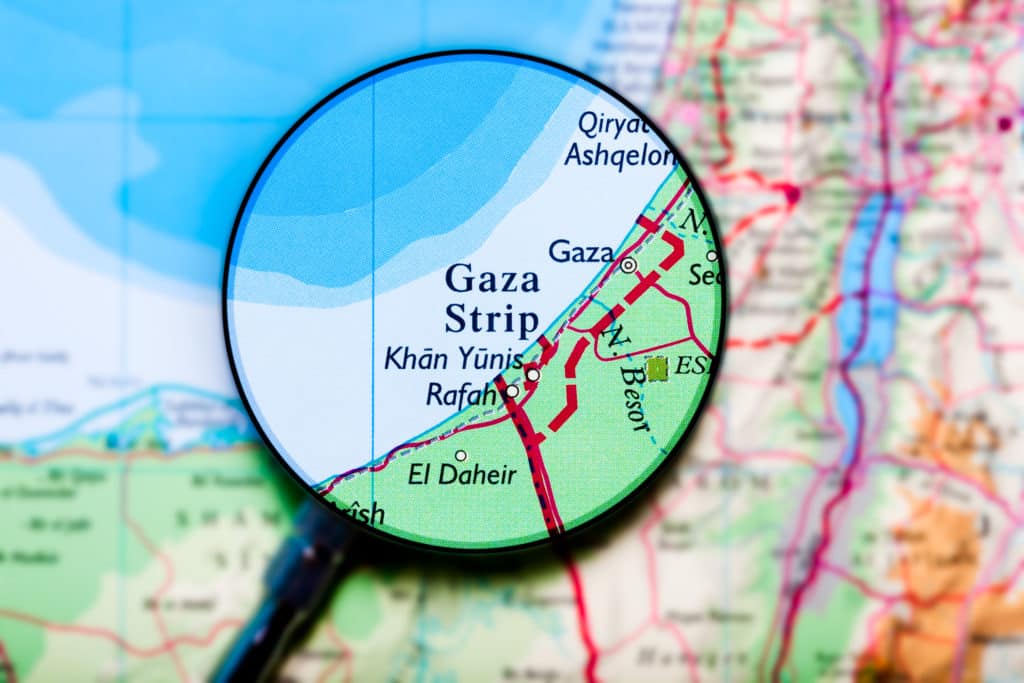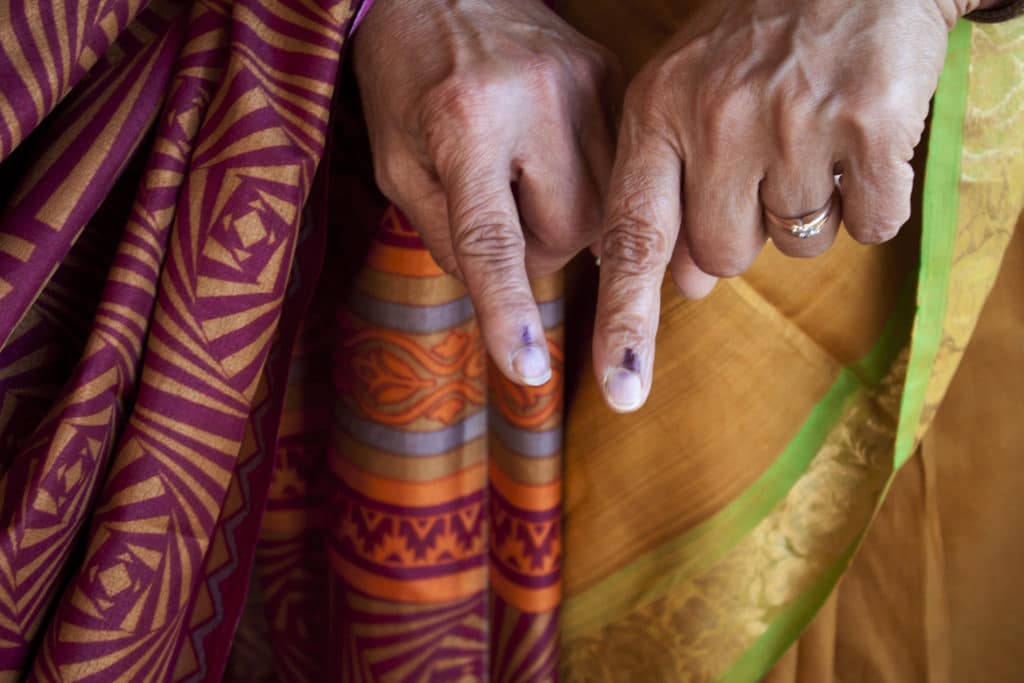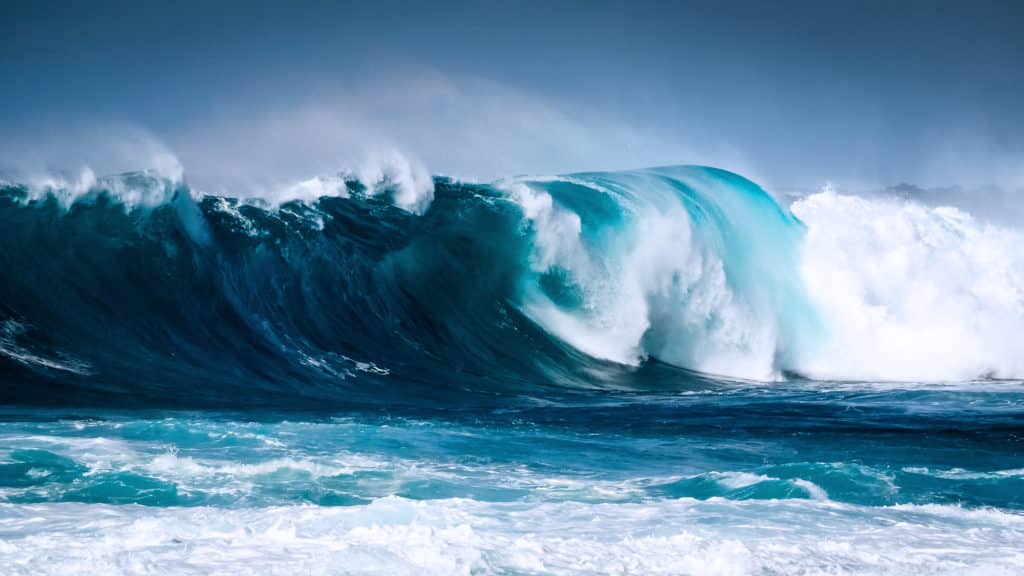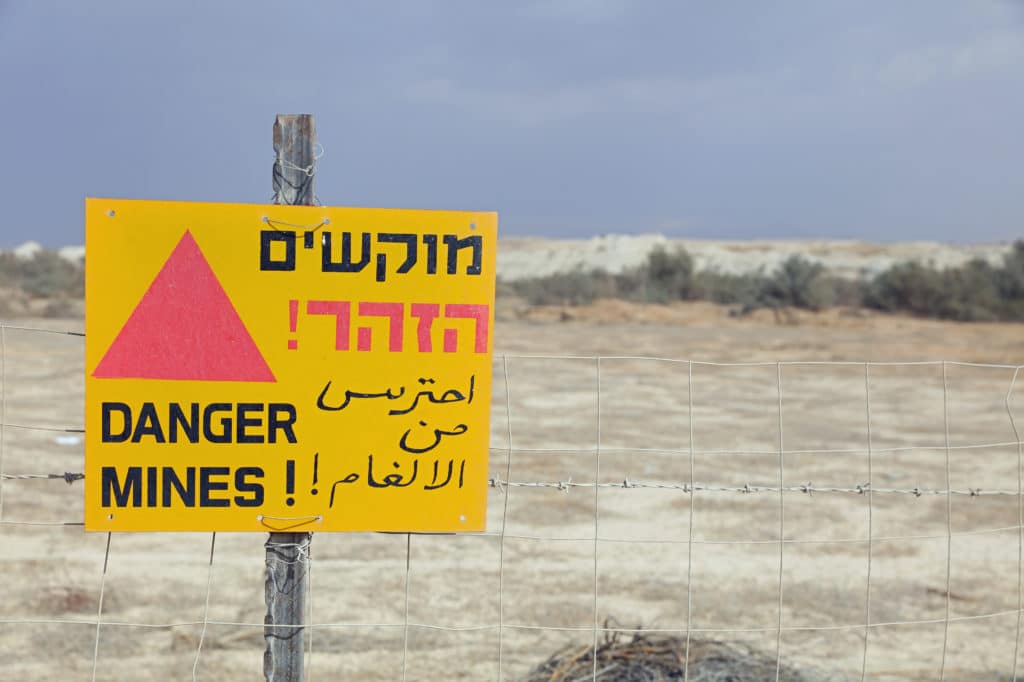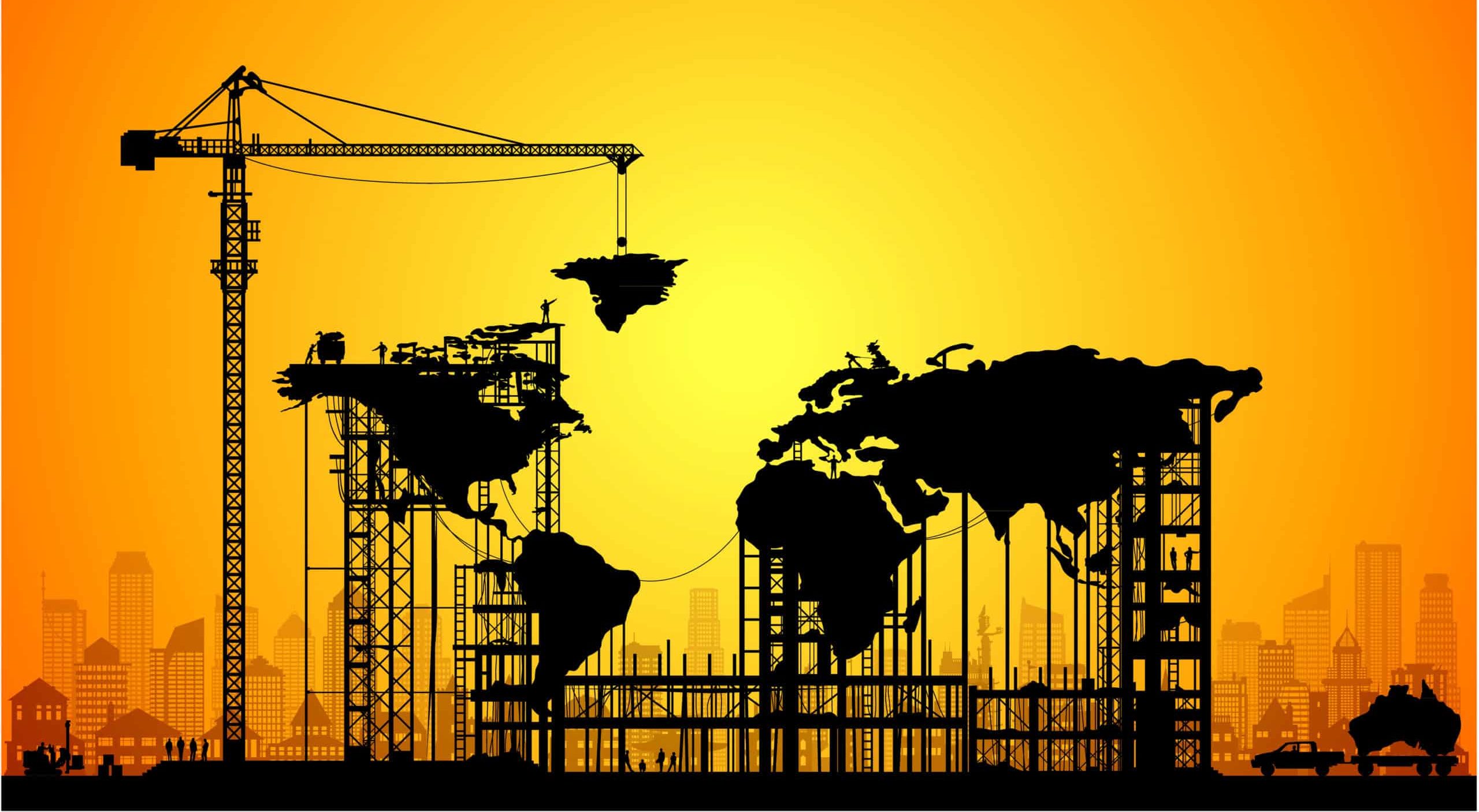
What we know, and don't know, about the new geopolitical and geoeconomic order
If ever an era confirmed why it is both right and important to be a classical liberal – or at the very least to understand and learn from classical liberalism – it is the time we are living through right now.
Speech to the Mont Pelerin Society, Oslo 2022.
By Bill Emmott.
Publisert: 3. oktober 2022
If ever an era confirmed why it is both right and important to be a classical liberal – or at the very least to understand and learn from classical liberalism – it is the time we are living through right now.
Such a claim goes against the zeitgeist. It is often said, not least by classical liberals themselves, that we are seeing a “retreat” of liberalism, in the face of the political and economic forces that have swirled all around us, especially since the 2008 US-European financial crisis.
In terms of the ideas, people and policies who have come to dominate the political scene and debate in major liberal democracies the truth of this is undeniable. With Donald Trump still hogging the centre stage of US politics, and with plenty of illiberal figures on the European scene in or near to government, denial remains foolish.
Yet, as this 75th anniversary conference will I am sure strongly and clearly demonstrate, that is no reason to jump forward among the stages of grief from denial to acceptance or even capitulation.
While these times have brought forth or facilitated the growth of authoritarianism, the very nature of the era ought, in reality, to militate against that embrace of centralised power and the appeal of simple solutions. Simple solutions may imply strength, but they also imply certainty.
Such certainty is a delusion at the best of times, but above all now. As a result, this is an era that cries out for, and has fully reconfirmed the merits of, what is for me the central attitudinal or behavioural characteristic of classic liberalism. That characteristic is humility. Humility in the face of uncertainty.
Humility, of course, goes against so many of our human instincts and incentives, including the instincts and incentives that come forth when delivering papers and speeches at conferences. The urge to predict and prescribe is a powerful one. The point of asking someone to give a talk about geopolitics or the global economy is surely the hope that they will tell you what is going to happen and what to do about it.
Indeed, the title of this talk might seem to prove it: What we know and don’t know about the new geopolitical and economic order. It suggests there are some things we know, and that there is a new “order” that we can identify and respond to.
What I will argue in this paper is that we know a lot less than we like to think we do, and that claimed certainties about what is emerging or what is going to happen are not just false but dangerous. What we know is important – but it is mainly knowledge about what has happened already, not about what will happen tomorrow. And the most important knowledge, I will argue, is really an awareness of the range of possible outcomes and of our own agency in seeking to influence what happens.
Consider this. Anyone, even just in the past five years, who gave clear and firm predictions about what was going to happen will have been wrong in all but the shortest of time horizons. And if they were right they will have been right only in the way that having a monkey throw darts so as to pick which equities to invest in will sometimes bring success.
This is not because the occurrence of a global pandemic or indeed of an invasion of its sovereign and independent neighbour by the holder of the world’s largest arsenal of nuclear weapons were unpredictable in a general sense. Plenty of people warned that either of these huge political and economic events could, and even at some point would, happen.
Rather, the point is that those predictions were in all practical senses useless: there was no way to foresee when such shocks might happen, or how they would play out, or what the wider impact would be. The risks were known, but they were neither calculable nor even really rehearsable.
What these, and other predicted but unpredictable shocks we could list from recent decades confirm is that we are living in an era that fits the term popularised by Frank Knight and John Maynard Keynes in the 1930s, and recently revived and re-explored by John Kay and Mervyn King in their 2020 book: Radical Uncertainty.
This is not just the Sam Goldwyn or Yogi Berra joke that we should never prophesy, especially about the future. I anyway have long preferred the dismissal about clairvoyant expertise sent to us by the late Peter Drucker when at some point in the 1990s we at The Economist described him as a “management guru”. Drucker wrote back that he had long believed that he had gained the title “guru” simply because the word “charlatan” was too long for a newspaper headline.
The real point is that we do always prophesy, for we have to embed implicit or explicit predictions in so much of what we do, whether personally, institutionally, nationally or globally, but we must accompany such inevitable positioning with a huge dose of humility while ensuring we retain the two other characteristics that are vital for surviving and thriving: learning ability and adaptation.
We must, in other words, recognise the risk of implicitly assigning levels of probability to predicted events or trends for which we have no scientific basis. And we must recognise the risk of thereby failing to prepare for alternative events and outcomes — or of being so rigidly focused on one particular prediction that we cease to be sufficiently adaptable and nimble to cope with what actually transpires.
In short, we must retain our essential liberal humility. We can prepare, we can react, but in most practical senses we cannot predict. The shocks of recent years ought to have reminded us of that, but so too should the reactions to those shocks, which have often taken the form of calls for more planning and thus more prediction. Hayek’s insights and concern about the rise of central planning and about the drawing of the wrong conclusions from wartime experience apply again today, following the battle against the pandemic, as much as they did 75 years ago.
The period of the pandemic and, more recently, of the war in Ukraine has featured a lot of pessimism about the ability of liberal societies to respond to huge shocks, especially social ones, then a lot of talk about the return of the big, intrusive, interventionist, protective state, and now a lot of questioning about whether these societies will prove strong enough to withstand an economic crisis. The West was dead, it was back, it was resolute, and now it is quavering again, or so we are told.
To put it another way, the urge towards central planning and control has shown itself clearly in commentary and in political discourse since early 2020: initially a lament of the lack of it in the liberal world, mixed with admiration for its presence in some authoritarian societies, notably China; then a leap to assume that “the state was back”, that this was a good thing, and was here to stay; and now, with the war, a new lament about state weakness in the face of economic warfare by authoritarian Russia and its strategic partner, China.
Yet this all flies in the face of reality, reality both about how societies actually responded in the recent past and reality about the nature of the uncertainty we all face.
Back, then, to the title of this contribution: What is it that we know about today’s geopolitical and economic order?
In my judgement, the list is quite short, though also often sweet, from a liberal point of view. Here, at least are some things I think we have learned from the pandemic and now from the war in Ukraine.
First, we know, based on the past two years, that everyone, whether liberal or authoritarian, proved to be hopeless at preparing for the pandemic. Either we were not prepared at all, or we were prepared for the wrong sort of pandemic, or we turned out not to understand what preparedness meant.
Most countries, though not Ukraine, were also poorly prepared for the Russian invasion on February 24th and for the economic and energy consequences of it. So, in many senses, were Russia itself and the country that declared itself a “strategic partner”, “without limits”, just 20 days beforehand: China.
Second, however, we know that it was speed of response that made the most difference in health terms during the early stages of the pandemic, amid great uncertainty, but then it was flexibility and adaptability, mixed with speed, that made the big difference in the medium term.
Liberal societies reacted slowly at first, but then in many senses showed their deep strength of adaptability and experimentation. The development of advanced vaccines in record time and then the manufacturing of them, all over the world, was aided by state funds – notably, but not only, America’s Operation Warp Speed – but fortunately was not directed by the state. States administered them, but did not develop, manufacture or distribute them.
Now, two years after the global pandemic emerged, the countries that developed and/or used those vaccine fruits of advanced technology and private enterprise are in a much stronger position, economically, socially and politically, than almost anyone would have expected two years ago. Meanwhile authoritarian states, especially China, are now struggling, trapped by their technological backwardness but also by the rigidity of their responses. Some may have been speedy, but they were far from humble, and lacked flexibility and the ability to adapt.
Third, we know that as a result at a geopolitical level what has emerged from the pandemic is a world in which all four self-identified superpowers are considered untrustworthy at one level or another.
The West, ie the US, EU and Japan, showed their financial and technological strength over the past two years, therefore rebuilding some of their credibility, but lacked the resources or will to extend much meaningful help to the poorest countries, especially in Africa. The inadequacy of support was noticed.
China has gone into self-isolation, its vaccines were third rate, and so far it has proven to be an ungenerous creditor: thus even as a so-called model it has declined in attractiveness.
India boasted of being a vaccine manufacturing superpower but then amid its own covid-crisis blocked exports of the cheap AstraZeneca jabs just when the developing world needed them.
And Russia had a bad pandemic, failed badly with its own vaccine, and then invaded Ukraine provoking a global food price and energy price shock.
Fourth, we therefore know that our times feature both intensified superpower rivalry and proven superpower inadequacy. The rivalry is making global institutions ineffective, often to the point of irrelevance, especially as America can no longer be depended upon to defend such institutions. The inadequacy means that few other countries see benefit in allying themselves with any particular ‘camp’, nor in taking direction from any of the major powers.
For now, as a result, the world is not binary, as too many pundits have jumped to judge or predict, but rather it is fragmented and leaderless. Even China, having signed a “strategic partnership” with Russia on February 4ththat was said to “know no limits” has conspicuously stressed since then that limits do exist, that rival camps are not welcome, and that this is a partnership not an alliance.
Among middle powers too, promiscuity of relationships is more the rule than loyalty or alliances. This mitigates against any general sense of international order, even as groups of countries gather to set up their own mini-orders.
Fifth, we can or should therefore see that globalisation is far from dead. The vaccine story has arguably been one of the greatest triumphs of globalisation we have ever seen, in terms of ideas, development, production and distribution. Yet globalisation has always been a market response to changing political frameworks and constraints, so it is currently evolving in response to politically imposed barriers and risks: the western decoupling from Russia is the clearest example; China’s politically imposed detachment from US financial markets is another. So far, supply chain bottlenecks and fears of dependency on single suppliers appear to be leading to more globalisation, through greater diversification, rather than less.
Sixth, thanks to Russia’s invasion of Ukraine we know that imperial instincts are not dead either, that international law and institutions are considered by the superpowers to be just for the little people, and, moreover, that the post-Cuba taboo on overt threats of the use of nuclear weapons can no longer be depended upon.
The overall conclusion has to be that the range of possible futures for the world is wider than we may have liked to think, and that dangers we may have thought stood far away in the future could be nearer than we hoped.
These things that we know are largely conclusions drawn from the recent past. They are reassuring from a liberal point of view, since that recent past has shown the liberal democracies to be better at adapting themselves rapidly, better at learning, more socially resilient and more willing to make costly sacrifices in defence of their values and freedoms than the many pessimists – and their authoritarian adversaries – thought. Indeed what we generally call “the West” arguably looks stronger now than at any point in the past decade.
But we must acknowledge that the list of things we do not know is long, and in many ways more potentially consequential than those that we do know.
For starters, in the world economy, we do not know whether the inflation of 2022 signifies the existence of long-term supply shortages meeting excessive demand, or whether adaptation, innovation and monetary control will lead it to abate. The speed with which the world has moved from concern about deflation to quite rapid inflation ought to counsel us against drawing firm conclusions, one way or the other.
One reason is that we really do not know whether politics in China, the United States, the EU and Japan will lead to high barriers being erected against global integration, or whether such political forces will be focused just on very specific sectors and technologies, leaving market forces to continue to evolve and adapt to diversions and disruptions.
We do not know, notably, whether China’s leadership will look at the war in Ukraine and its own struggles with zero covid and other economic headwinds, and decide that the achievement of some form of strategic stability with its chief rival, the United States, should be a higher priority than urgently settling the status of Taiwan, or whether it might choose to do things the other way around. Either is possible.
For similar reasons, we also do not know how far China will think it worth going with its partnership with Russia, ie whether to maintain it as a loose anti-Western enterprise or to make it more operational in military terms. Will Russia represent a useful vassal, a powerful source of leverage, a crucial ally, or just an awkwardly unpredictable and undependable neighbour?
This is, in part, because we do not know how and when Russia will emerge from its invasion of Ukraine. Crucially, this is also because we do not know whether Russia will prove willing to escalate that conflict by using, or directly threatening the use of, nuclear weapons. Any such nuclear deployment would itself lead to geopolitical and economic consequences that we have no way of predicting.
Just as important, we do not know whether the United States will remain a fully functioning democracy as the crisis over the rule of law and of political institutions plays out; and even if we remain optimistic about that, we do not know whether future administrations can be depended upon to maintain America’s global security posture, or whether they might choose deliberately to pick even a military fight with China, or whether they might cut a deal with China at the expense of former allies. The future course of American policy looks more uncertain than at any time since 1945.
The list of things we do not know can be added to, ad infinitum. The point is to stress that firm predictions, even of the general shape of geopolitics and economics, cannot safely be made. The range of our possible futures is wider than we thought.
At such times, we need many things, but rigid, dogmatic predictions are not among them, and nor is the embedding of such predictions in centralised planning and state involvement in sector after sector, technology after technology.
What we need is humility in the face of such uncertainty, but also the ability to learn and adapt rapidly as conditions change, giving us the chance not only to cope but also to have an influence over how the changes occur. To do that in democratic societies requires leaders also to have the ability to bring the population along with them as changes are adapted to, as difficult challenges have to be surmounted. Which brings the discussion on to equality and citizenship – but if it is to retain its own humility, this paper should stop there and leave that to others.
About Bill Emmott:
Bill Emmott
Bill Emmott is a writer and consultant best known for his 13 years as editor in chief of The Economist in 1993-2006, a publication he first joined in 1980 and served in Brussels, Tokyo and London. He is now variously chairman of the International Institute for Strategic Studies in London, chairman of the board of Trinity College Dublin’s Long Room Hub for Arts & Humanities, chairman of the Japan Society of the UK, chairman of the International Trade Institute, co-director of the Global Commission for Post-Pandemic Policy and a member of the Comitatio Scientifico of the Centro Einaudi in Turin. He lives in Dublin and Oxford.
In 2017-18 he was a Visiting Fellow at All Souls College, Oxford, is an honorary fellow of Magdalen College, Oxford, and is an Ushioda Fellow of Tokyo College, a new research institute at the University of Tokyo. He is a regular contributor to La Stampa, Nikkei Business, Mainichi Shimbun and Project Syndicate. In 2016 the Japanese government awarded him the “Order of the Rising Sun: Gold Rays with Neck Ribbon” for services to UK-Japan relations.
Bill is the author of 14 books variously on Japan, Asia, the 20th century and Italy. His latest English work, “The Fate of the West – the battle to save the world’s most successful political idea”, was published in 2017. His latest Japanese work, “Japan’s Far More Female Future”, was published by Nikkei in June 2019 and an expanded English version will be published by Oxford University Press in the summer of 2020. He was presenter and co-author of a documentary about Italy, “Girlfriend in a Coma” (2013) and executive producer of “The Great European Disaster Movie” (2015), both shown on the BBC.
